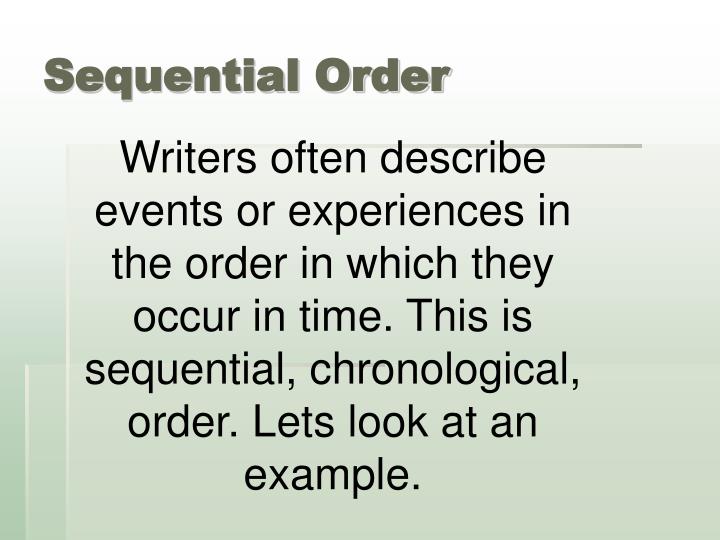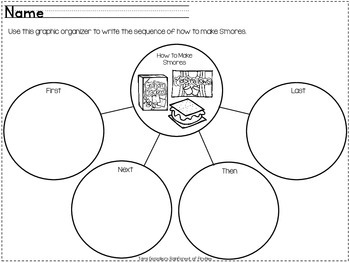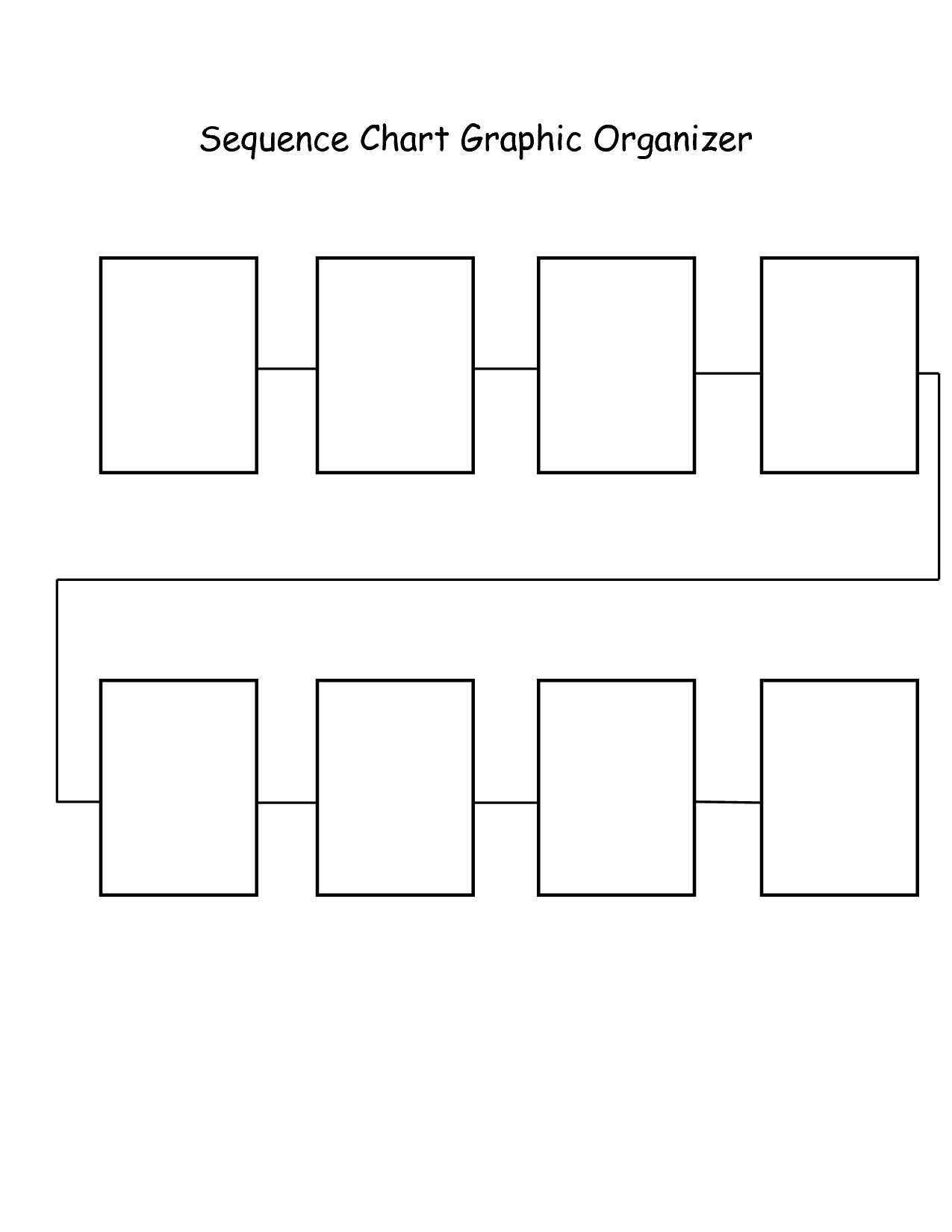


The IRF is described as a three-part adjacent sequence where teachers invite students to talk on a particular topic or to answer a question (Initiation), students provide a response related to that topic (Response), and tutors produce feedback or an evaluation of the students’ utterances (Feedback). This article will use the IRF terminology because the ‘F’ indexes a more general form of tutor engagement in the third turn, which may or may not be ‘evaluative’. A particular sequential methodology that has been found to operate systematically in education contexts is what is called the Initiation, Response, Feedback (IRF) sequence ( Sinclair and Coulthard, 1975), also sometimes referred to as Initiation, Response, Evaluation sequences ( Mehan, 1979) or simply ‘triadic dialogue’ ( Gourlay, 2005 Lemke, 1990 Nassaji and Wells, 2000).

For instance, teachers are treated by students as having the interactional right to define who speaks next and for how long, and to be able to specify the topics under discussion (see Heritage and Clayman, 2011, for a discussion of the concept of ‘interactional rights’). One of the key findings underlying this work is that educational contexts have very particular exchange patterns, where specific ‘interactional rights’ can be found ( Gibson et al., 2006 Lemke, 1990 McHoul, 1978). All subjects Allied Health Cardiology & Cardiovascular Medicine Dentistry Emergency Medicine & Critical Care Endocrinology & Metabolism Environmental Science General Medicine Geriatrics Infectious Diseases Medico-legal Neurology Nursing Nutrition Obstetrics & Gynecology Oncology Orthopaedics & Sports Medicine Otolaryngology Palliative Medicine & Chronic Care Pediatrics Pharmacology & Toxicology Psychiatry & Psychology Public Health Pulmonary & Respiratory Medicine Radiology Research Methods & Evaluation Rheumatology Surgery Tropical Medicine Veterinary Medicine Cell Biology Clinical Biochemistry Environmental Science Life Sciences Neuroscience Pharmacology & Toxicology Biomedical Engineering Engineering & Computing Environmental Engineering Materials Science Anthropology & Archaeology Communication & Media Studies Criminology & Criminal Justice Cultural Studies Economics & Development Education Environmental Studies Ethnic Studies Family Studies Gender Studies Geography Gerontology & Aging Group Studies History Information Science Interpersonal Violence Language & Linguistics Law Management & Organization Studies Marketing & Hospitality Music Peace Studies & Conflict Resolution Philosophy Politics & International Relations Psychoanalysis Psychology & Counseling Public Administration Regional Studies Religion Research Methods & Evaluation Science & Society Studies Social Work & Social Policy Sociology Special Education Urban Studies & Planning BROWSE JOURNALS


 0 kommentar(er)
0 kommentar(er)
